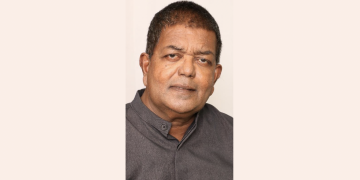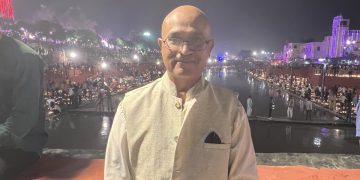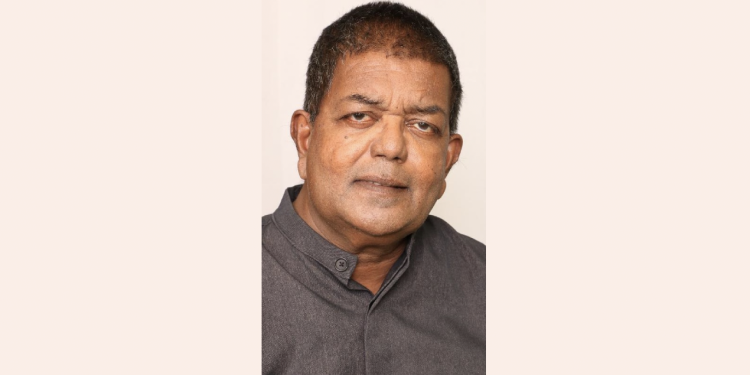I have said before and I am saying it again- scapegoating is the new past time of most citizens in our country today. Generally, these individuals have achieved nothing outside earning a livelihood but have developed an attitude of demeaning all who are trying to do something in the community.
In a cricket match it is common to hear those who never played the game using expletives to instruct the players how to bat, bowl and field. Many of those self-appointed ‘coaches’ never assisted the club in any fund raising event but are always quick to accuse the club of mishandling money.
I am still trying to understand how Bhadase Sagan Maraj was successful in merging the two rival Sanatanist organizations- the Sanatan Dharma Board of Control and the Sanatan Dharma Association.
The Hindu Marriage Act of 1945 was the initiative of the Board of Control and when the Bill was tabled in the Parliament the only person voting against it was Sarran Teelucksingh, the President of the Sanatan Dharma Association.
Had Bhadase Maraj not had a reputation as a “ hooligan” the Maha Sabha would not have been born and its school building program would not have materialized. The high literacy level (60% in 1948) of the Hindu community would have continued to plague us to date.oo9
This happy past time of stirring kuchur must be banished. In fact, the people who usually initiate those conflicts are generally the ones that do the least, if anything at all. And such behavior is solely because they have no skills to make a meaningful contributions. If such negative individuals do have some money, they would make promises to donate and eventually find excuses to rescind on their promises. Their handling of their personal finances is as though they are going to live forever and demonstrate limited or no concern for corporate social responsibility. They generally believe that whatever they have achieved is solely through their efforts alone.
Believe it or not, many of us have failed to outgrow our cane cutter background. We walk around as though that was a bad experience and not part of our history to embrace and move on.
Also, our academics seem to be caught in this web of historical grievances hence their obsession with indentureship and their unwillingness to tackle head on contemporary challenges such as alcoholism, larceny and blatant state discrimination. Has the Arjuna fever overcome us with no Sri Krishna in sight to admonish us and lift us out of our complacency?
To what extent this unwillingness to deal with issues and grievances are contributing to ill-health is worthy of investigation? It would be interesting for our social and clinical psychologists to comment on the impact of these ‘withdrawal symptoms’.
For how long are we going to blame others? It is now time for us to reclaim our manliness by learning to take bold decisions to confront our problems.
Whining and complaining are not solutions. They only contribute to stress and ulcers in the stomach. Speaking out may contribute to better health and save big on healthcare in both the short and long term!





































































